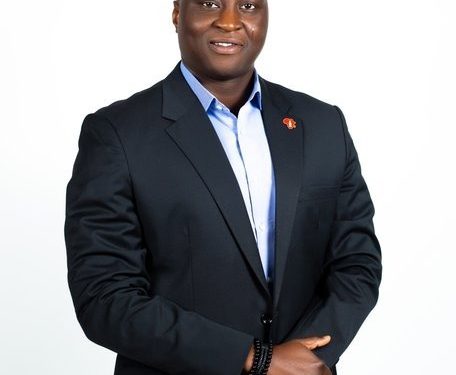To effectively manage a changing business environment, diversity, equity, and inclusion have been viewed as key strategies for an organisation’s dynamic performance. These strategies also aid in the development and retention of top employees.
For us at the Coca-Cola System, we believe that a diverse, equitable and inclusive workplace makes us stronger as a company. It enables us to create a better-shared future for employees and communities, empowers access to equal opportunities and builds bonding in our workplaces and in society.
In 2021, we refreshed our Diversity, Equity & Inclusion (DEI) strategy to expand the global reach and impact of our programmes and policies while driving accountability.
The updated strategy also deepens our focus on equity that took the center stage in 2020 amid a climate of widespread of civil unrest and global conversations about systemic racism and inequality.
Our global Diversity, Equity and Inclusion (DEI) goal of having women hold 50% of leadership roles within The Coca-Cola Company by 2030 continues to guide our commitments. In our Africa Operating Unit, we already achieved this target as women form 55% of our Extended Leadership Network, while they represent 54% of our total workforce in Nigeria.
We have an integrated workforce strategy that will continue to guide our commitment in achieving the Sustainable Development Goals 5 and 10 that speak to gender equality and reduced inequality.
Our aspiration is not only to mirror the diversity of the communities where we operate, but also to lead and advocate a better-shared future.
We believe that the inclusion of females into the leadership of any company brings a fresh outlook and a unique perspective to the table.
In creating these opportunities for our communities, The Coca-Cola System and our philanthropic arm, The Coca-Cola Foundation, have provided over $5Million in grants to various NGO partners to implement women-focused economic empowerment initiatives aimed at driving financial inclusion and poverty reduction across communities under our Africa Sustainability platform, JAMII.
These signature projects contribute to our commitment to promoting women’s economic empowerment, as a key to bridging the poverty gap and gender inequality across the African continent.
In partnership with these NGOs, we have created award-winning and impactful projects that continue to create shared opportunities for these women.
Some of these projects include our 5 by 20 Programme that saw the economic empowerment of over 450,000 women across various communities in Nigeria through initiatives such as Catalyst for Change 1.0 and 2.0 by Karis and Eleos Hand of Hope Foundation, E.Q.U.I.P. 60,000 & S.H.A.P.E. by Whitefield Foundation.
The Recycling Scheme for Women and Youth Empowerment (RESWAYE) by the Mental and Environmental Development Initiative for Children (MEDIC), AWAMBI by African Fashion Development and Empowerment Centre (AFDEC), and Digital Academy for Female Entrepreneurs (D.A.F.E.) by The Wivesroundtable Foundation etc.
With our partners, we will continue to build on our own best practices, learn from others, encourage innovation, and replicate and scale up our ambitions and programmes to empower more women.
We are proud of the successes and achievements recorded so far and look forward to building on these by advocating and supporting the economic and social advancement of women, both in the workplace and communities across the country.

